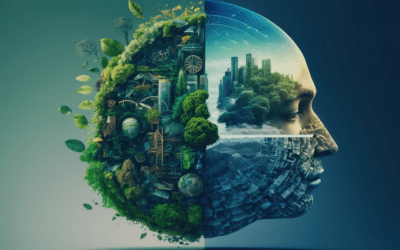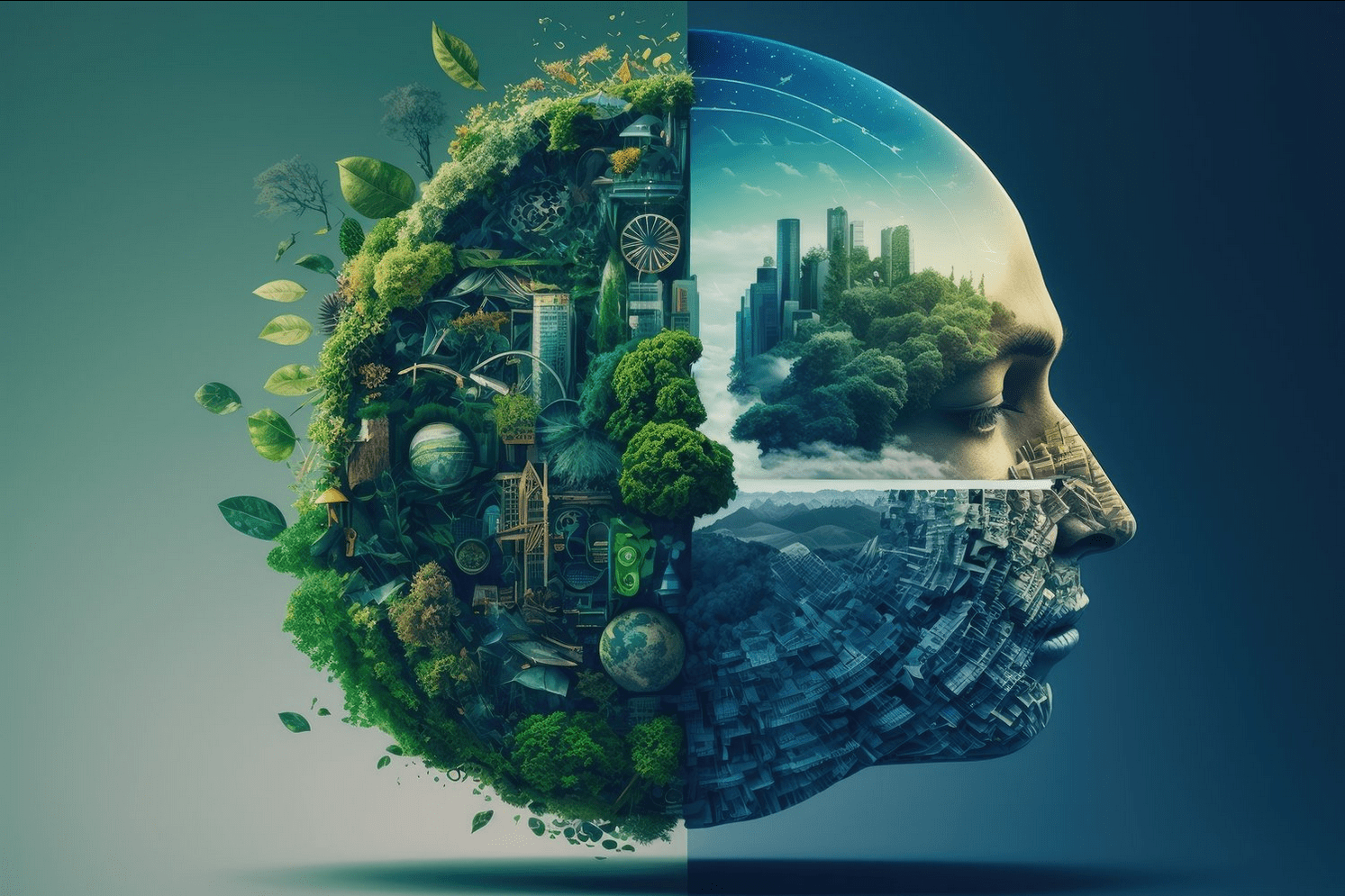by Dr. Michael Lawrence at The Cascade Institute….. In this framework, a global crisis arises when one or more fast-moving trigger events combines with slow-moving stresses to push a global system out of its established equilibrium and into a volatile and harmful state of disequilibrium. We then identify three causal pathways—common stresses, domino effects, and inter-systemic feedbacks—that can connect multiple global systems to produce synchronized crises.
These century-old stone “Tsunami Stones” dot Japan’s coastline
by Danny Lewis in Smithsonian Magazine….“Remember the calamity of the great tsunamis. Do not build any homes below this point.”
New world order?
by Kate Mackenzie and Tim Sahay in Phenomenal World….At The Polycrisis we have been tracking the whipsaw of the global financial system amid private finance mantras, interest-rate hikes at the Fed, and the explosion of debt in the global South.
Climate crisis → drought → food deficit → migration
by Mohan Mainali in Nepali Times….Half-century of eastern Nepal’s rainfall data points to a link between chronic drought and depopulation
Resilience revisited 02. Dissonance as conscience: navigating the path between ecological integrity and everyday life
by Tamzin Ractcliffe on Linked In…As we navigate the complexities of living sustainably in an often unsustainable world, embracing our dissonance—not as a source of guilt but as a catalyst for change—can empower us. It’s a call to action that reminds us of the urgency of our collective efforts toward ecological integrity.
Tenth consecutive monthly heat record alarms and confounds climate scientists
by Johathan Watts in The Guardian…If the anomaly does not stabilise by August, ‘the world will be in uncharted territory’, says climate expert
The futures triangle
from Insight & Foresight….The Futures Triangle is a tool that can help you map the gap between vision and performance and start the process of using foresight to support your planning and decisions making for impact and future growth.
The eco-civilization framework
by Jeremy Lent in Resilience.org…Whether we can reweave the strands of our unraveling civilization into a flourishing future will only be known on the other side of the turmoil that lies ahead this century. But as each climate disaster brings our current system closer to collapse, we have an overriding obligation to future generations, and to life itself, to shine a directional beacon through the darkness of our times to a potentially brighter future—and to help lay down a trail toward it.
Dancing with a permanent emergency
by Jonathan Rowson in The Joyous Struggle….The climate crisis is still there, and it is a moral imperative to address it and it matters perhaps more than any other single issue matters. And yet, because we are so profoundly stuck, I think our best chance, perhaps our only chance, is to see the climate challenge through the prism of the metacrisis, with all that follows for educational and spiritual innovation, which is why that has become my professional focus. Once we realise that there is no way to act on climate change with the requisite skill, insight, legitimacy, and resolve without contending with the metacrisis, our sense of priority should change. There is, as they say, no way round but through.
The European Union’s economic security strategy update
By Emily Benson in CSIS….As partners advance to this new era of technology-driven economic security agendas, governments will need to work concertedly to break the long-standing barriers between trade policy and national security.
Led by Its Youth, U.S. Sinks in World Happiness Report
For the first time since the first World Happiness Report was issued in 2012, the United States was not ranked among the world’s Top 20 happiest countries. The drop was driven by people under 30. The New York Times Read full article in The New York Times





